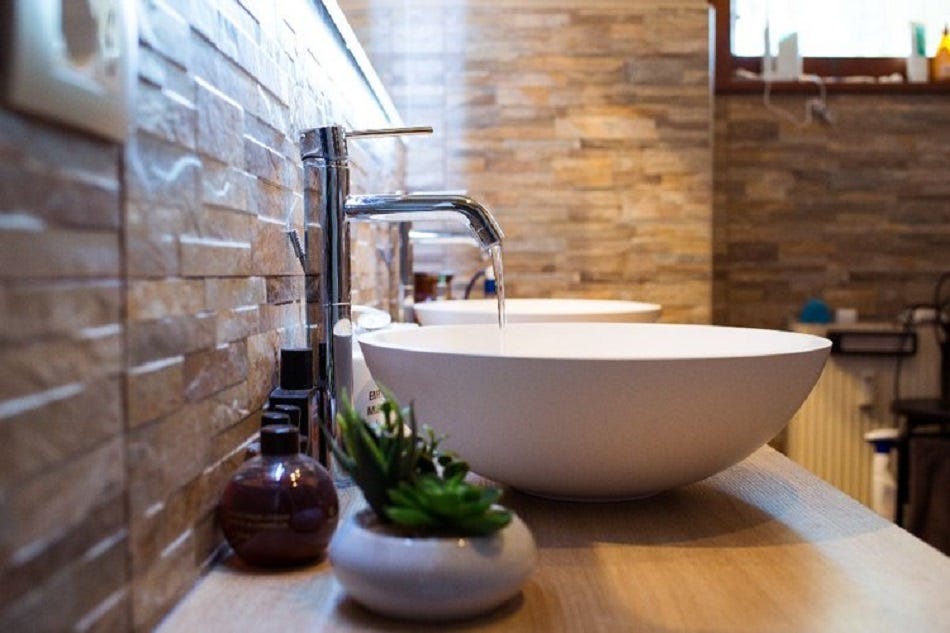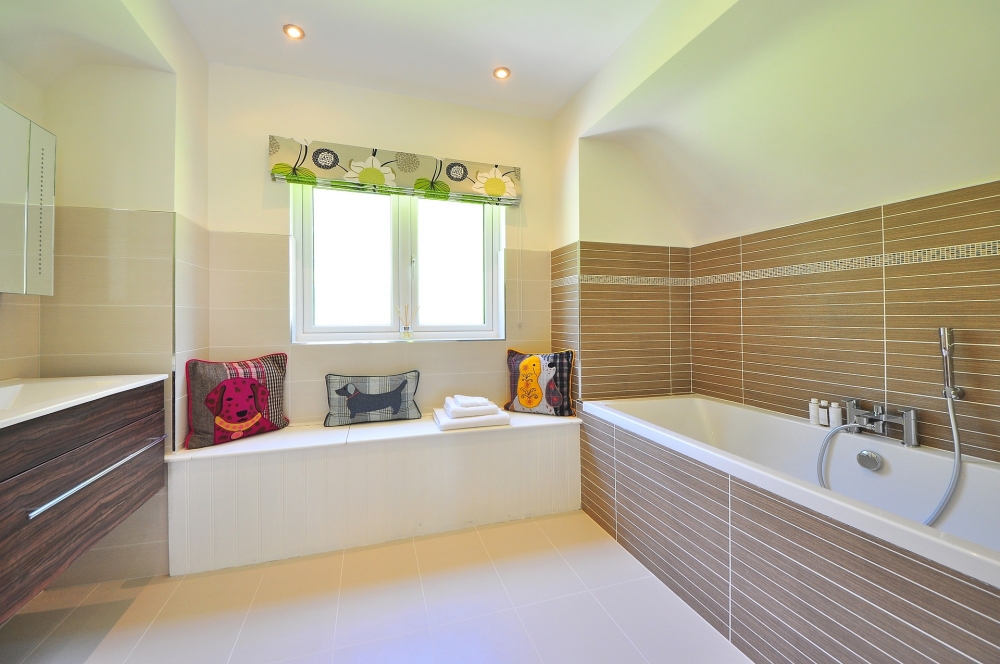The Basics of Bathroom Plumbing: Top Tips for New Homeowners
The Basics of Bathroom Plumbing: Top Tips for New Homeowners
Blog Article
Right here down the page you will discover a lot of wonderful points in regards to Essential DIY Bathroom Plumbing Tips Every Homeowner.

For new home owners, understanding and keeping shower room pipes can save both time and money by preventing costly problems down the line. Here are some important restroom plumbing ideas to assist you keep whatever running smoothly.
Familiarize Yourself with the Main Shut-Off Valve
Understanding where the major water shut-off shutoff is located in your home is crucial. This allows you to swiftly turn off the water system in case of significant leaks or throughout pipes emergency situations, preventing extensive water damage.
On A Regular Basis Inspect for Leakages
Tiny leakages can result in large troubles. Consistently check under sinks, around toilets, and near plumbing fixtures for any type of indications of leakages. Try to find moisture, small drips, or rust. Capturing and fixing leakages early can avoid extra serious damage and conserve water.
Don't Overlook Slow Drains Pipes
If your sink or bathtub is draining pipes gradually, it's usually an indicator of a blockage creating. Addressing this early can stop a full clog. Use a bettor or a plumbing professional's serpent to clear out particles. Avoid using chemical drain cleaners as they can damage your pipelines gradually.
Know What Not to Flush
Bathrooms are not garbage disposals. Avoid purging anything other than toilet tissue and human waste. Items like wipes, feminine hygiene products, and cotton swabs need to be disposed of in the garbage to stop blockages and drain back-ups.
Install Strainers in Drains
Location strainers in your sink and bath tub drains pipes to capture hair and various other particles before they enter your pipes system. Cleaning up the strainers routinely will aid stop accumulation and keep water flowing openly.
Preserve Your Hot Water Heater
Guarantee your water heater is readied to a suitable temperature (usually about 120 degrees Fahrenheit) to prevent hot and minimize power use. Flush the storage tank every year to get rid of debris buildup, which can reduce the performance and life-span of your heating system.
Update Your Fixtures
If your home has older components, think about updating to a lot more effective models. Modern bathrooms, showerheads, and taps are made to make use of much less water while providing excellent stress, which can dramatically lower your water bill and environmental footprint.
Beware with Do It Yourself Pipes Repair Works
While it's appealing to take care of all home repair work by yourself, be cautious with pipes. Some concerns could require professional know-how, especially if they involve main water lines or sewer repair services. Working with a professional can in some cases be a lot more cost-efficient than do it yourself, particularly if it protects against more damages.
Prepare for Cold Weather
Protect your pipes from freezing throughout winter by protecting pipelines in unheated locations like cellars, attic rooms, and garages. Throughout extreme cold, let cold water drip from faucets served by exposed pipes to help avoid cold.
Set Up Routine Maintenance
Think about organizing annual evaluations with a qualified plumber. They can spot issues that you might miss out on, such as surprise leakages or wear and tear on pipes and components. Normal upkeep assists prolong the life of your plumbing system and can prevent emergencies.
Conclusion
Understanding and keeping your home's washroom plumbing can avoid many common concerns. By adhering to these important ideas, you can guarantee your washroom remains useful and reliable, conserving you money and time in the long run.
Essential Plumbing Tips for Homeowners: What You Should Know
Plumbing issues can be a nightmare if left unattended, often resulting in costly repairs and significant damage to your home. That's why it's crucial for homeowners to arm themselves with the essential home plumbing maintenance tips and knowledge to prevent such mishaps and maintain the efficiency of their plumbing system.
?Get to know the various aspects of residential plumbing maintenance, from identifying warning signs of potential issues to simple tasks you can perform to keep your plumbing in top condition. By empowering you with the necessary plumbing tips for homeowners in this guide, we will help you tackle everyday plumbing challenges with confidence to keep your home's plumbing system flowing smoothly.
Mastering Home Plumbing Tips
Understanding the basic home plumbing tips allows homeowners to detect issues early on, take prompt action, and prevent them from becoming major headaches. With this proactive approach, homeowners can save both time and money.
Moreover, having a grasp of plumbing basics enables homeowners to communicate effectively with plumbers or other professionals when seeking assistance. Being able to accurately describe the problem and understand the proposed solutions not only streamlines the repair process but also helps homeowners make informed decisions about their plumbing systems.
Whether it's discussing drainage solutions, leaky taps, or fixture installations, a solid understanding of basic home plumbing maintenance tips promotes better collaboration between homeowners and professionals to ensure that repairs or upgrades meet the homeowner's needs and expectations.
Home Plumbing Maintenance Tips
Here are some basic yet essential home plumbing tips to keep your plumbing in its tip-top shape:
Be Cautious During Renovations
When renovating your home, be mindful of the location of pipes to avoid accidentally damaging them. Plan your renovations carefully and, if unsure, consult a professional plumber to help identify potential hazards.
Avoid Flushing Trash Or Wipes Down Drains
Flushing items like wipes, sanitary products, or paper towels down the toilet can lead to clogs and damage to your plumbing system. Dispose of these items properly in the trash.
Know The Location Of The Water Mains Cut-Off
In case of a plumbing emergency, such as a burst pipe, knowing the location of the water mains cut-off valve can help minimise damage by quickly shutting off the water supply to your home.
Avoid Chemical Drain Cleaners
Chemical drain cleaners can damage pipes and harm the environment. Instead, use natural alternatives like a mixture of baking soda and vinegar or get help from a qualified plumber for stubborn clogs.
Check Seals And Connections Regularly
Inspect seals and connections around sinks, toilets, and appliances for signs of leaks or damage. Address any issues promptly to prevent water damage and mould growth.
https://www.eze-flowplumbing.com.au/essential-plumbing-tips-for-homeowners-what-you-should-know

Call Today Report this page